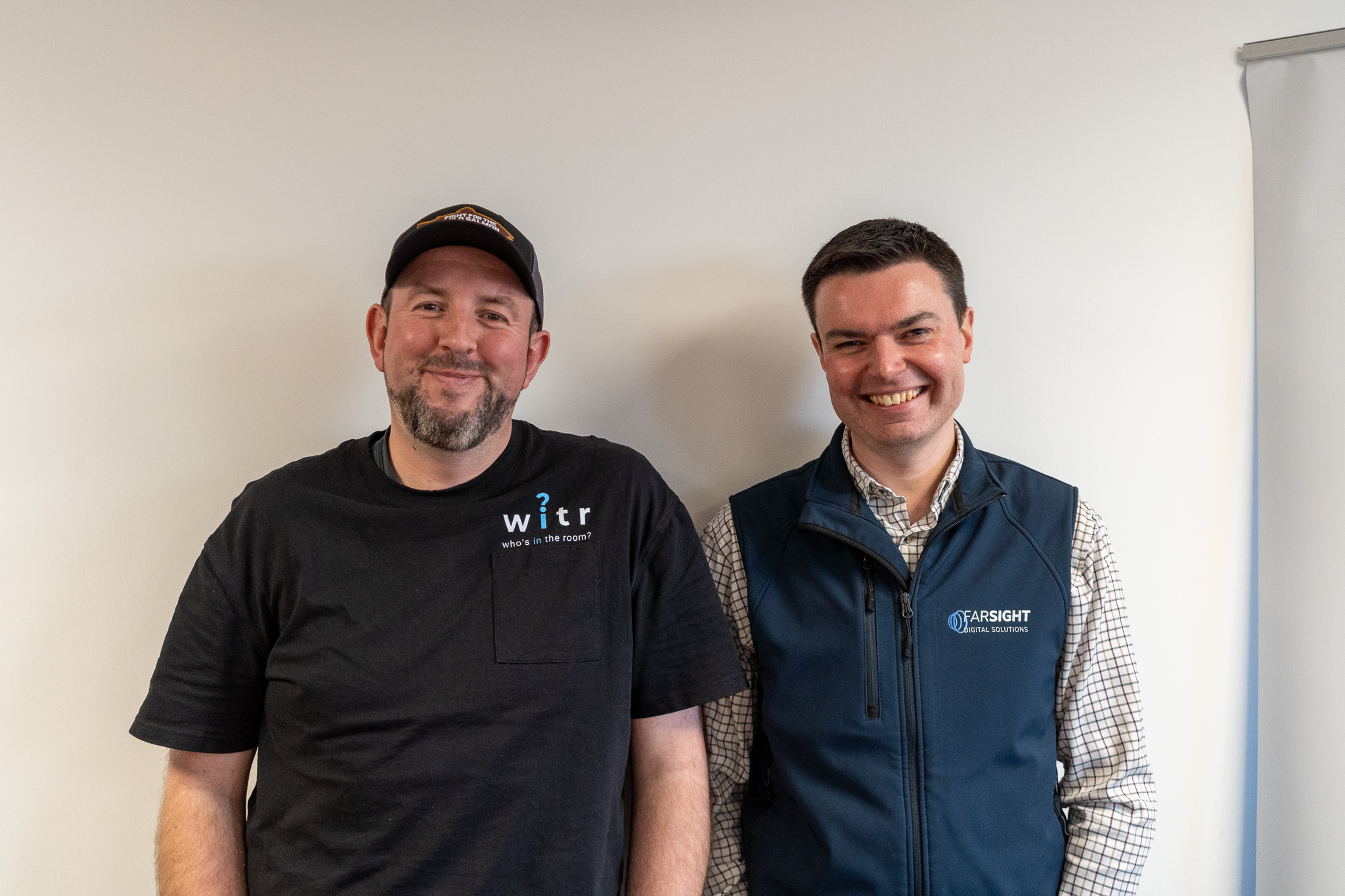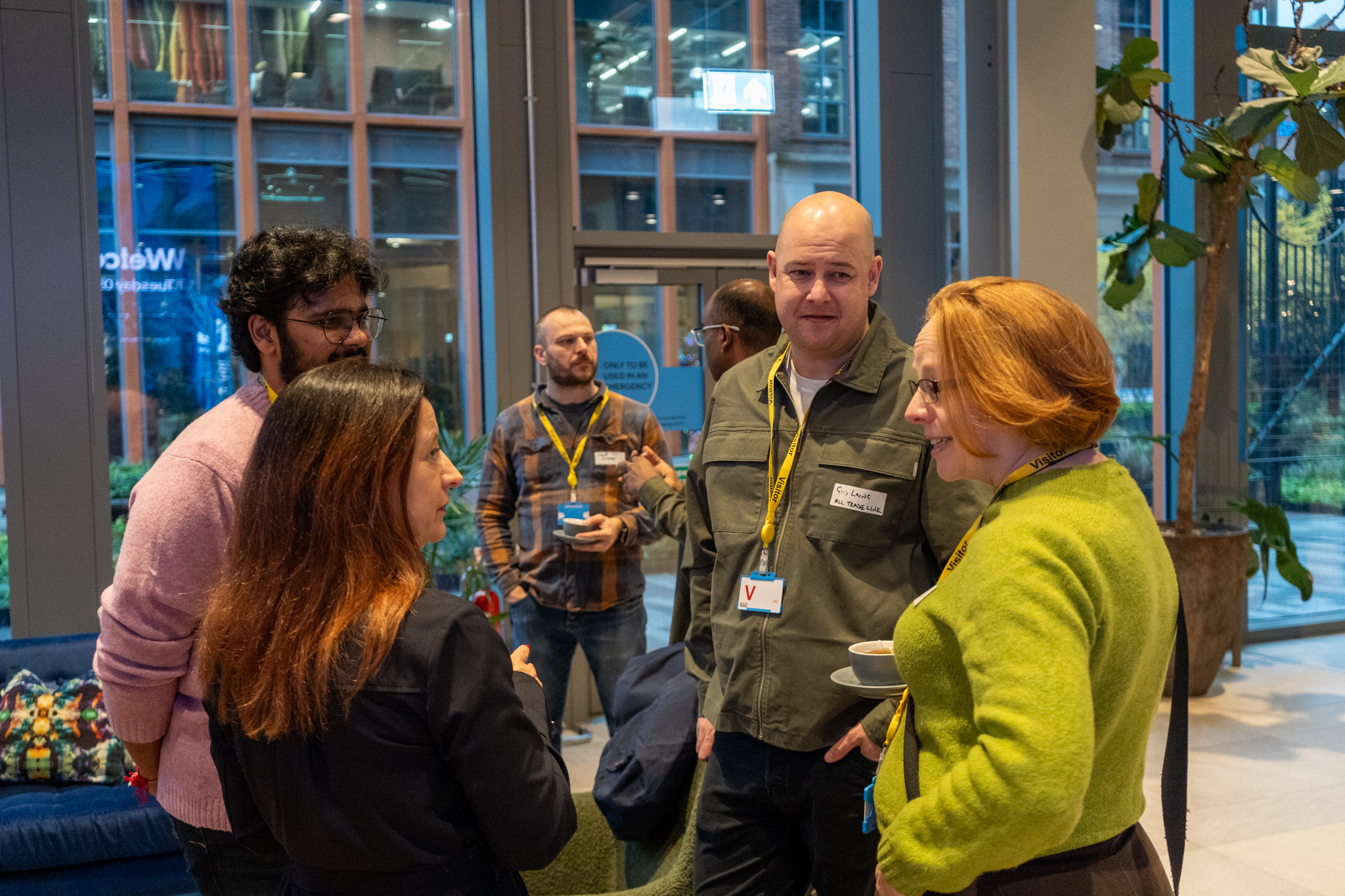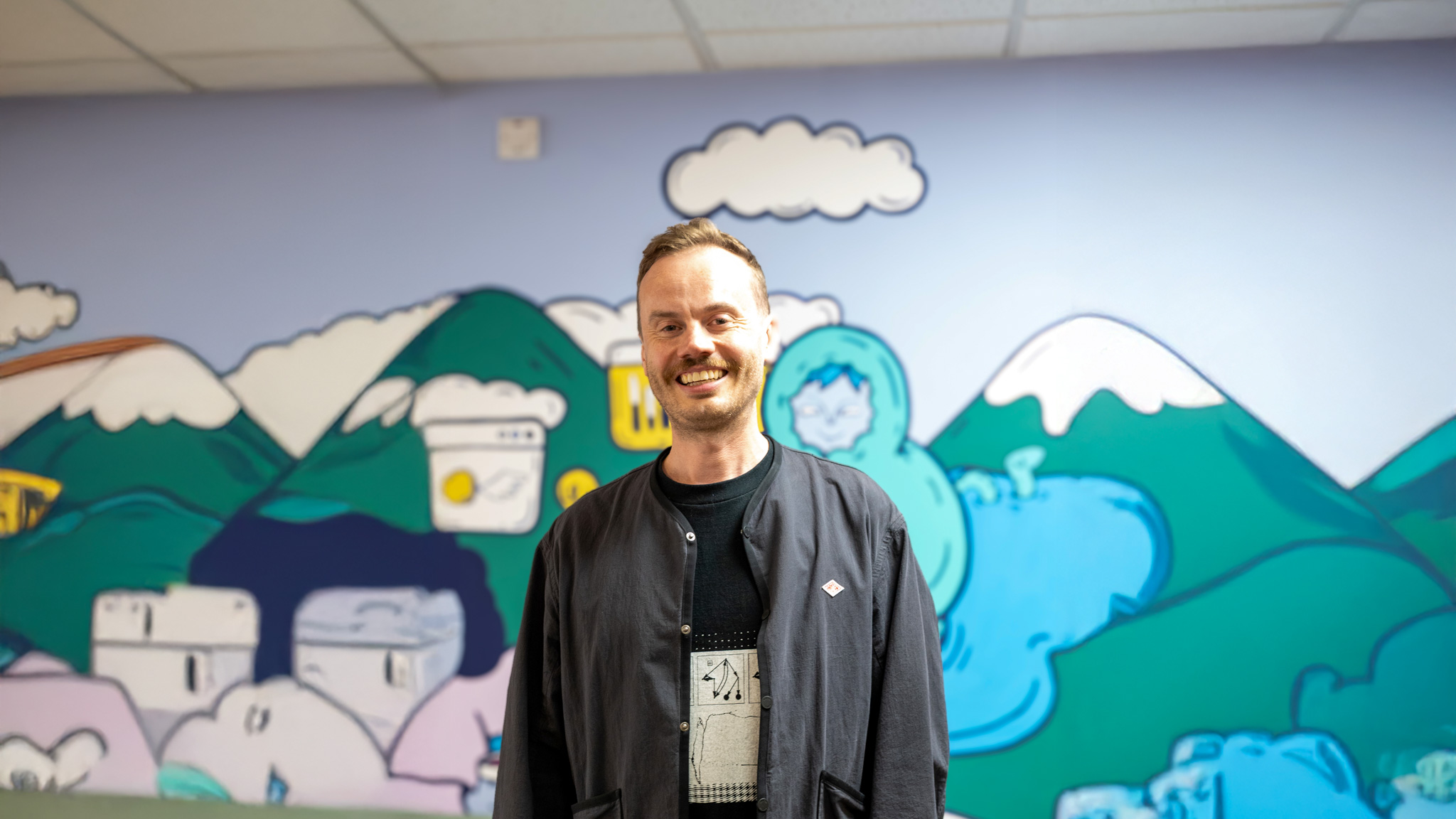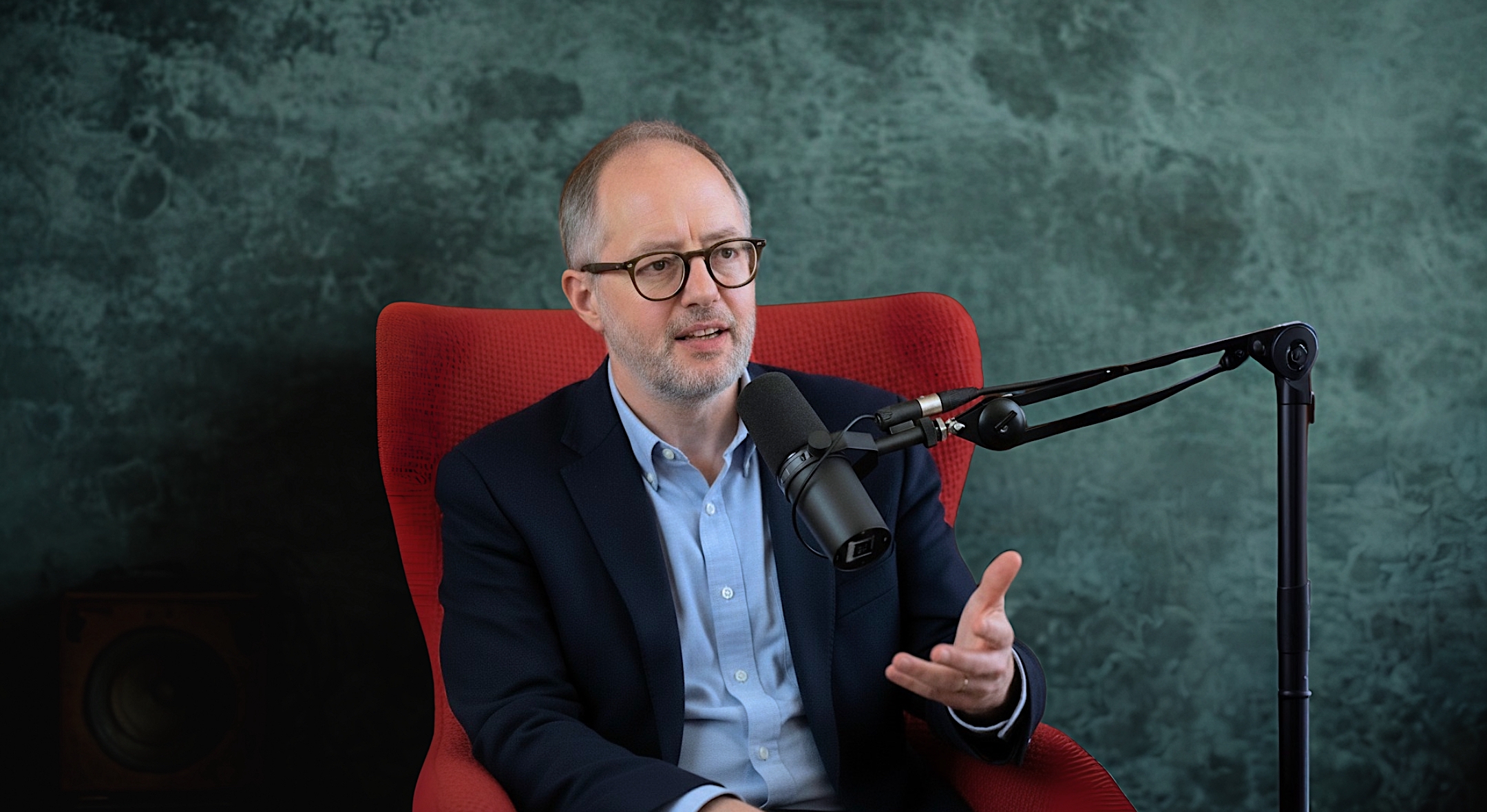Failure is often seen as something to be avoided, something to be swept under the rug and forgotten. However, within the startup ecosystem of Silicon Valley, failure is embraced as a necessary and valuable part of the journey toward success. This cultural difference stands in contrast to the usual UK approach, where emphasis is placed on success stories while failures are quietly set aside. Shifting to a mindset that sees failure as an asset can transform how a business is built and grown.
These insights are drawn from Eilidh’s appearance on Ideas to Impact, the CodeBase podcast powered by Techscaler — which you can watch or listen below — and her in-depth founder case study, where she reflects on how Techscaler shaped her journey. Now’s your chance to see those lessons in action.
Immersing in the Silicon Valley Mentality
Last February, a cohort of six startup founders from Scotland, supported by Techscaler, traveled to San Francisco to engage with the Silicon Valley ecosystem. For many, it was a first-time experience in the United States, and the scale of opportunities was immediately evident. With hundreds of networking events happening every night, the group quickly immersed themselves, seeking feedback and advice at every opportunity. Conversations were abundant, energetic, and filled with insight, demonstrating the value of open, honest dialogue in entrepreneurial environments.
One of the most significant takeaways from this experience was the impact of surrounding yourself with other driven, like-minded founders. Although each individual was at a different stage in their journey, the ability to debrief after events, share lessons learned, and challenge each other’s thinking created a lasting sense of community and mutual support that continues well beyond the trip.
The US vs. UK Mindset on Failure
One of the starkest contrasts between the US and UK startup cultures is how failure is perceived. In the UK, failure often goes unspoken, overshadowed by a desire to highlight only the positives. In contrast, US entrepreneurs, particularly in Silicon Valley, treat failure as a badge of experience. It’s not uncommon for founders to introduce themselves by listing both their failures and their wins, “I started three companies, two failed, and one exited for $15 million”, with no shame attached.
This perspective is not only normalised but respected. Investors in the US frequently prefer to back founders who have encountered failure, recognising the depth of learning such experiences can bring. Rather than ignoring underperformance, the most valuable insights are often found by analysing what went wrong. Identifying weak points allows for strategic pivots, refinements, and ultimately stronger outcomes.
Failing Fast and Pivoting Quickly
In Silicon Valley, startups operate at an incredible speed. They raise large sums of money quickly, burn through it fast, and determine whether their idea has legs in a fraction of the time it might take in the UK. It’s a balancing act. While the more cautious UK approach has its merits, there is a clear advantage in being willing to move fast, experiment boldly, and pivot decisively.
Spending excessive time trying to salvage an idea that isn’t working is a common trap. In contrast, the prevailing attitude in Silicon Valley is to assess quickly and move on if an idea doesn’t show strong potential. This ability to detach from a concept and make bold, strategic changes is an indicator of high-growth startups.
Bringing the Silicon Valley Mindset Back to the UK
On returning to the UK, this approach was actively integrated into operations at Tavora (formerly Your Spin). Investor communications began to include not only highlights but also challenges, framed as opportunities for growth and collaboration. Demonstrating awareness of potential pitfalls, and outlining plans to overcome them, often resonates more with investors than presenting a flawless front. Transparency opens the door for meaningful support and advice.
This mindset also influences the way partnerships are approached. Brands working with Tavora are encouraged to adopt a data-driven approach, examining areas of underperformance rather than focusing solely on successes. By concentrating on what isn’t working, each activation becomes an opportunity for refinement and improvement.
Final Thoughts
Failure is not the opposite of success, it is a necessary step on the path toward achieving it. The Silicon Valley mindset provides a valuable framework: stay curious, be honest about what isn’t working, and be ready to move quickly and decisively. The startups that succeed aren’t those that avoid failure, but those that learn and adapt the fastest.
For entrepreneurs, the message is clear: share failures, extract the lessons, and let them inform the next iteration. The faster failure is embraced, the sooner real success can be achieved.







.png)










